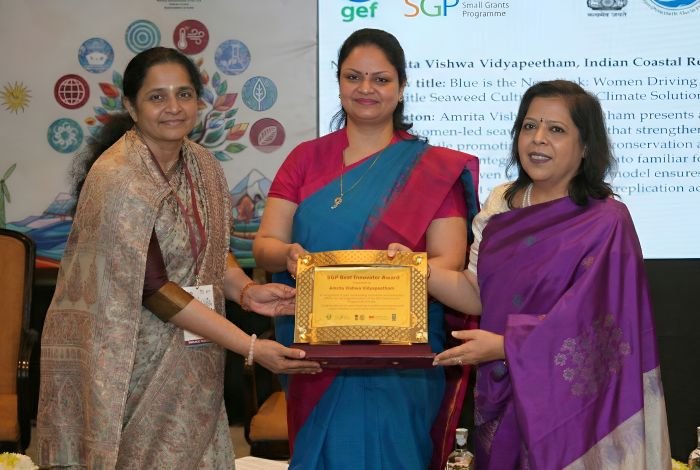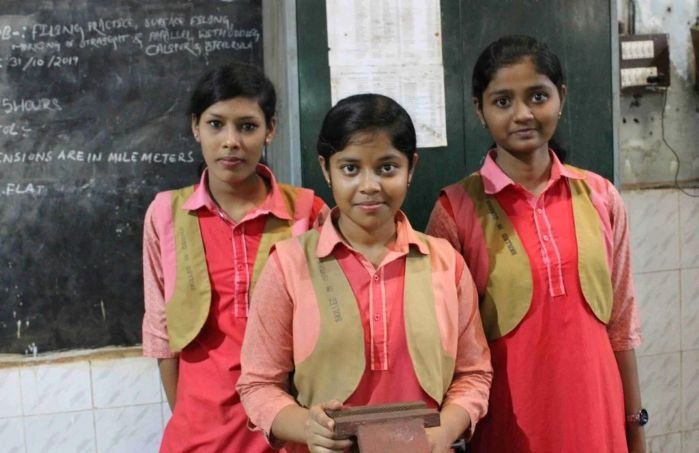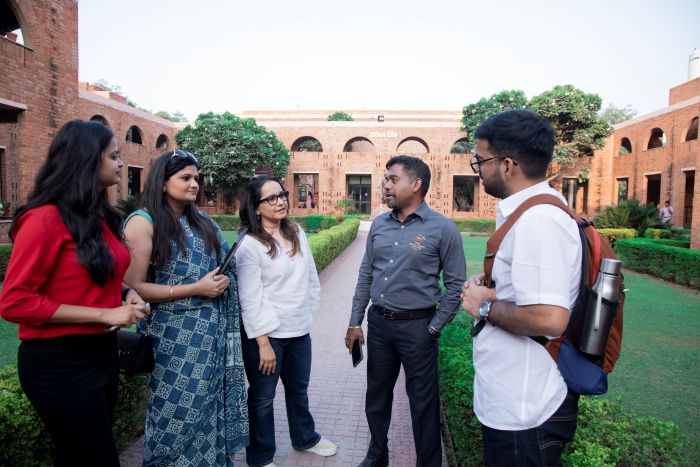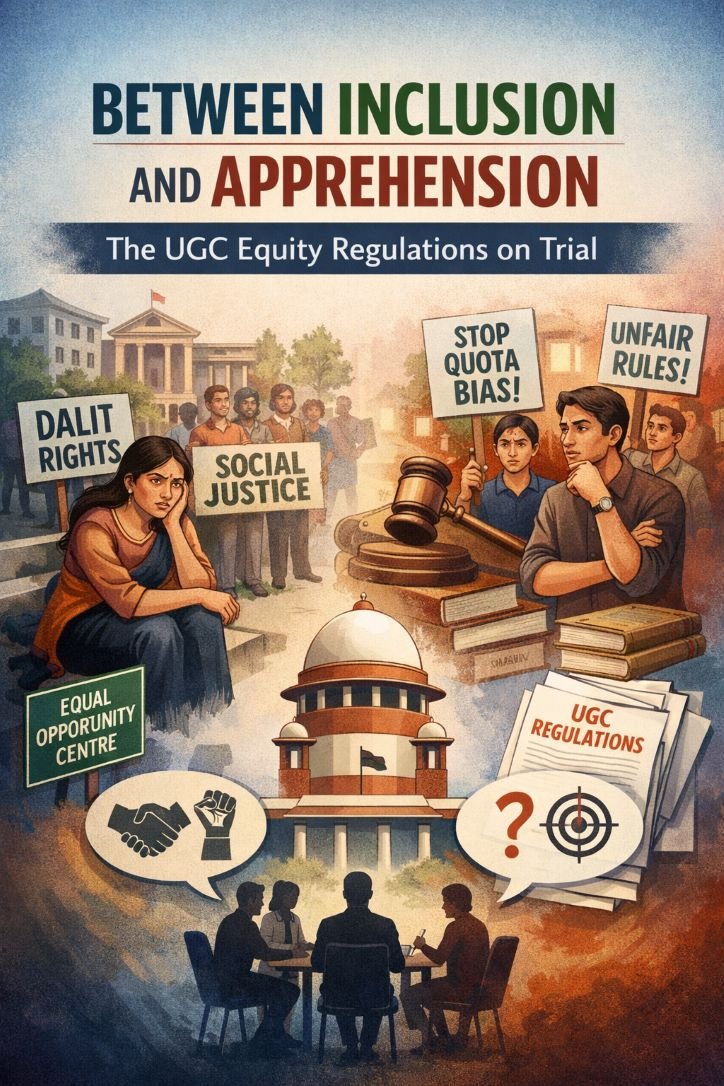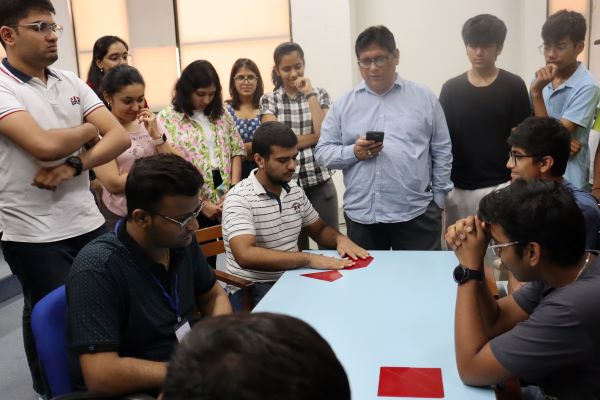
By Dhriti Malhotra
In the last couple of years, the Central Board of Secondary Education (CBSE) has taken several steps towards the implementation of Competency Based Education in its affiliated schools that it announced soon after NEP 2020 was announced. These range from aligning assessments to development of teacher competencies and making various resources available for them on lines of this new pattern. The aim of is to work towards and focus on a child’s skills and abilities to think critically, analyze information and effectively solve problems.
In the new paradigm, the curriculum and teaching pedagogy would be driven by real comprehension and understanding and emphasise more on how children learn. This change in approach will bring about a huge transformation in providing a holistic learning experience to children, enabling them to be better prepared for higher education. For this, the Board is having continuous capacity building programmes for enhancing the knowledge of mentors across India.
With a goal to develop conceptual clarity along with holistic, inquiry-based, discovery-based and discussion-based learning of the student, CBSE has integrated classroom teaching with experiential learning including hands-on activities, arts and sports integrated curriculum and education, story-telling as an integral part of the following pedagogy, standard pedagogy within each subject, and exploring relations among different subjects. To close the gap in achieving the learning outcome, classroom transactions will drive competency-based learning and education. The assessment tools will also be aligned with the learning outcome, capabilities, and dispositions as specified class-wise for each subject.
Competency Based Questions are means to develop the real-life concept of the students. Hence, the Central Board of Secondary Education in continuation with aligning of the assessments and evaluation practices with NEP-2020 for the academic session 2024-2025 has upgraded the percentage of the same as given under:
| ACADEMIC SESSION 2023-2024 | ACADEMIC SESSION 2024-2025 |
| · Competency Focused Questions in the form of MCQs/ Case Based Questions, Source-Based Integrated Questions or any other type = 40% | · Competency Focused Questions in the form of MCQs/ Case Based Questions, Source-Based Integrated Questions or any other type = 50% |
| · Select response type questions (MCQ)=20% | · Select response type questions (MCQ)=20% |
| · Constructed response questions (Short Answer Questions/Long Answer type Questions, as per existing pattern)=40% | · Constructed response questions (Short Answer Questions/Long Answer type Questions, as per existing pattern)=30% |
The exact number of the percentage of the Competency-Based Questions will be clear with the release of the 2024-2025 Sample Question Papers and QP design of the individual subjects.
CBSE Exam Pattern 2024-25 will implement changes in the exam format for classes 11 and 12, starting in the academic year 2024-25, thereby focusing on assessing a deeper understanding of concepts and discouraging rote learning. This new pattern will focus on questions assessing students’ conceptual ability and its application in solving real life problems. This new pattern will be well aligned with the New Education Policy. Changes in CBSE Class 11 and 12 exam pattern would entail the below:
- More Competency-Based Questions
- Including Multiple Choice Questions (MCQs)
- Less Emphasis on Traditional Answer Types
Appropriate and timely changes made by CBSE clearly imply that the capacity building of teachers in schools will need more attention and investment of resources. Until the teachers are aligned with these changes, the desired and essential changes cannot be seamlessly made within the system when it comes to transacting the curriculum to the students. A lot of regular practice will be required for students to get used to the changed format of questions also meaning that studying the concepts in detail would be the key factor to score good marks in the multiple-choice questions. Long answer questions are where a student can score vis-à-vis multiple choice questions where the answer can either be scored a zero or a full mark, leaving very little in fact no scope to make errors. Thorough reading of the textbooks along with conceptual clarity will enable a child to fare well in his or her exams.
One marker is not just tricky at times but tough to answer when multiple choices are available to choose from. If the educators have been successful in making the students understand the concepts, no question is difficult to answer. This will enhance their skill sets to take the competitive exams in a better way. Over the years, CBSE has made efforts to bring about continuous and positive changes in terms of the new age subjects being introduced and also the pattern of questions asked in the board exams as a result of their intense research and mindful and regular feedback received from education experts across the nation.
In an attempt to provide flexibility, CBSE has also announced the option of two board exams every year from the upcoming academic session, 2024-25, thus giving students a chance to appear for board exams twice a year, with a chance to improve their scores. The best score out of the two exams will be considered for their college admissions taking care of the high stress associated with board exams every year.
CBSE in its noble endeavour to become inclusive has allowed and accepted number of languages as mediums of instruction. Students are free to choose the medium of instruction out of the many (twenty-two) regional languages for improved comprehension of concepts and better results.
In the end, we all are happy to accept and realise the positive impact these pertinent changes brought in by CBSE will have on the coming batch along with its close integration with NEP, resulting in bringing about changes, in how schools think, how schools would plan their teacher training and capacity building workshops, how mentors would guide their mentees and children would in turn learn by focusing more on understanding concepts rather than rote memorisation which would hold them in good stead in their individual education journeys.


